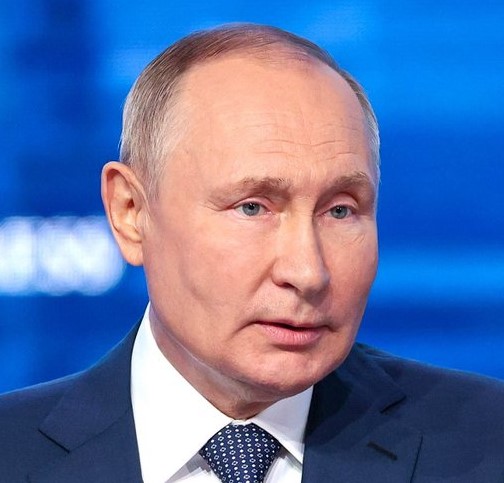DPA learned about the EU's refusal of sanctions on the transportation of Russian oil

The ban on the transportation of Russian oil is no longer included in the new European Union (EU) sanctions package being developed against Russia. This was reported by the DPA agency, citing diplomatic sources in the EU.
According to the agency, in order to make a decision to include this provision in the sanctions package, further coordination is required at the international level, including agreement within the Group of Seven (G7). At the same time, Greece, Cyprus and Malta oppose this measure, as they fear that it could unilaterally put their shipping companies at a disadvantage.
However, banning European companies from insuring oil tankers carrying Russian oil is still part of planned sanctions against Russia, according to DPA interlocutors.
See also Muscovites continue to be served at McDonald's restaurants 01:28
The day before, on May 9, Bloomberg also reported on the EU plan to soften the sixth package of sanctions and reject the ban on the transportation of Russian oil. The lack of a unified position among the G7 countries played a major role in the decision to abandon this ban, the agency's sources said.
Since the beginning of Russia's military operation in Ukraine, the European Union has already introduced five packages of sanctions that affected Russian companies, banks, government officials, and assets of the Central Bank. However, the EU has not been able to resolve the issue of a ban on the import of Russian oil since March, fearing a lack of oil reserves and rising oil prices.
In early May, the head of the European Commission, Ursula von der Leyen, announced that the sixth package of EU sanctions should include the rejection of Russian oil by the end of 2022 and the disconnection of a number of banks from SWIFT. Bloomberg and Reuters also reported that Brussels is proposing to ban European courts from providing services related to the transportation of Russian oil to third countries.
Read on RBC Pro Pro How foreign business “cuts” IT infrastructure for Russian branches InstructionsPro Fast Time: Why Companies Started to Fire Slow-Thinking Managers Articles Pro Chinese stock market:What are the prospects for a private investor Investors Club Pro New stage of capital amnesty:who and what will the authorities forgive Articles Pro The ghost of a checkered bag:Why Parallel Imports Won't Return Dropships Predictions Pro Pick Up IKEA Customers:how advertising campaigns worked after February 24 Cases Pro The dark side of the state defense order: what to consider,not to go to jail Instructions Pro I listen, but I do not hear:Why is it difficult for managers to give feedback InstructionsOn May 3, European Union High Representative for Foreign Affairs Josep Borrell said that diplomats would be able to agree on an oil embargo by the next EU Council meeting on May 10. Later, European Commissioner for Economic Affairs Paolo Gentiloni clarified that the European Union plans to achieve a complete ban on Russian oil products in nine months. He explained that the rapid adoption of the embargo would affect world oil prices. In order for the package to be accepted, all 27 EU countries must agree on it.
The press secretary of the President of Russia Dmitry Peskov, speaking about the possible refusal of the EU from Russian oil, warned that this decision would "hit everyone." At the same time, the United States , which had previously refused supplies, according to him, will remain on its own and "will feel much better than the Europeans."























































